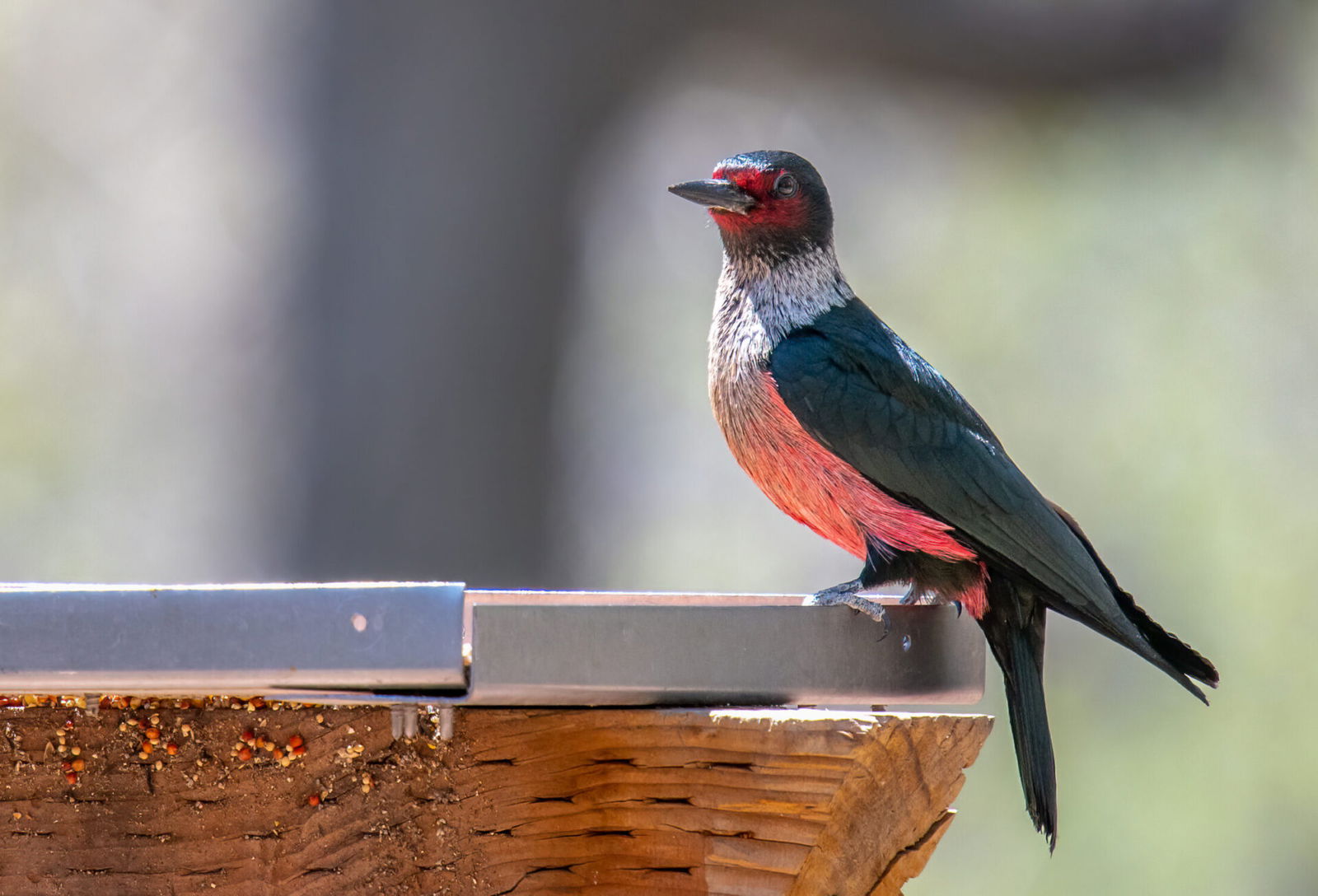
November 6, 2023
Racists’ Feathers Are Ruffled After Reckoning With Antiracist Birds Naming
Going forward, the AOS said in a report in 2020, bird names will be centered either on the bird's location, their features, or other information about the species.
The reckoning with the racist nature of every aspect of American history has reached the American Ornithological Society.
According to Newsweek, the group’s choice to rename birds has triggered a reaction from people who are unhappy about its decision to rename birds because of the connection between the birds named for people and those people’s history and attitudes toward Black people.
Colleen Handel, the AOS president, released a statement on Nov. 1 detailing the group’s motivation for the changes.
“There is power in a name, and some English bird names have associations with the past that continue to be exclusionary and harmful today,” Handel said.
“We need a much more inclusive and engaging scientific process that focuses attention on the unique features and beauty of the birds themselves. Everyone who loves and cares about birds should be able to enjoy and study them freely—and birds need our help now more than ever.”
In 2020, the AOS also renamed a bird species in the Great Plains that was formerly named for a Confederate general. In the future, the AOS said in a report at the time, bird names will be centered either on the bird’s location, their features, or other information about the species.
“Eponyms are poor names when it comes to describing a bird. Names that describe the bird (e.g., Spotted Sandpiper, Red-breasted Nuthatch), its habitat (e.g., Marsh Wren, Pinyon Jay), its range (e.g., Eastern Wood-Pewee, Mexican Chickadee), or something else about the species (e.g., Fish Crow, Northern Mockingbird) convey more information.”
According to CNN, Judith Scarl, the AOS’s executive director and CEO, remarked that naming conventions from the past often ignored the role that racism and misogyny played as they sought to honor historical figures.
“Exclusionary naming conventions developed in the 1800s, clouded by racism and misogyny, don’t work for us today, and the time has come for us to transform this process and redirect the focus to the birds, where it belongs.”
Like most other American institutions, in the wake of the murder of George Floyd in 2020, the movement within the community to deal with racism in the ornithic community received a push. It was also buoyed by the experience of Christian Cooper, a Black birdwatcher whom a white woman harassed. The experience exposed tensions that some Black people felt while trying to navigate the outdoor space as themselves while being made to feel unwelcome by white nature lovers.
In 2021, the AOS announced they were exploring a committee to recommend a course of action regarding names of birds created to honor historical figures. In 2022, the committee was officially formed, and it released its guidance on names earlier in 2023. The AOS’s move to rename nearly 80 birds results from that guidance, and the project will begin in earnest in 2024.
RELATED CONTENT: SO LONG, FORT BRAGG, HELLO, FORT LIBERTY:’ NORTH CAROLINA MILITARY BASE RENAMED